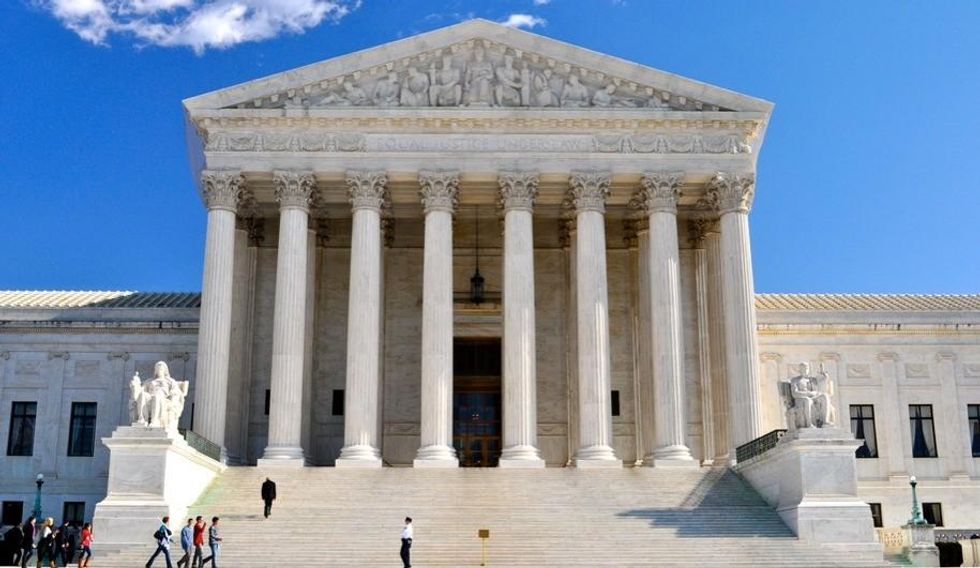Breaking... Check back for updates...The U.S. Supreme Court on Tuesday upheld the state of Michigan's ban on affirmative action.
In making its ruling (pdf) in the case, known as Schuette v. Coalition to Defend Affirmative Action, the court overturned a lower court decision as the majority of justices argued that the state had the constitutional right to legislate away the practice of considering race in the process of college admissions.
According to the Associated Press:
The justices said in a 6-2 ruling Tuesday that Michigan voters had the right to change their state constitution to prohibit public colleges and universities from taking account of race in admissions decisions. The justices said that a lower federal court was wrong to set aside the change as discriminatory.
Justice Anthony Kennedy said voters chose to eliminate racial preferences because they deemed them unwise.
Kennedy said nothing in the Constitution or the court's prior cases gives judges the authority to undermine the election results.
Justice Sonia Sotomayor read her dissent aloud in the courtroom Tuesday. Justice Ruth Bader Ginsburg sided with Sotomayor in dissent.
The American Civil Liberties Union slammed the court's decision and along with the NAACP, called the decision a set back for minorities seeking higher education.
"Proposal 2 unfairly keeps students from asking universities to consider race as one factor in admissions, but allows consideration of factors like legacy status, athletic achievement and geography," said Mark Rosenbaum, the ACLU attorney who argued the case before the Supreme Court. "This case is ultimately about whether students of color in Michigan are allowed to compete on the same playing field as all other students. Today, the Supreme Court said they are not."
Leticia Smith-Evans, interim director of the Education Group at the NAACP Legal Defense and Educational Fund, added that while the decision "is a setback for diversity efforts in Michigan" she said it is important for people to understand that the justices emphasized that the case "did not address the merits of race-conscious admissions." Those considerations, she said, have repeatedly been upheld by federal courts, including the Supreme Court.
Lastly, and despite this warning...
...reaction to the court's decision was receiving widespread reaction on Twitter:
_________________________________




